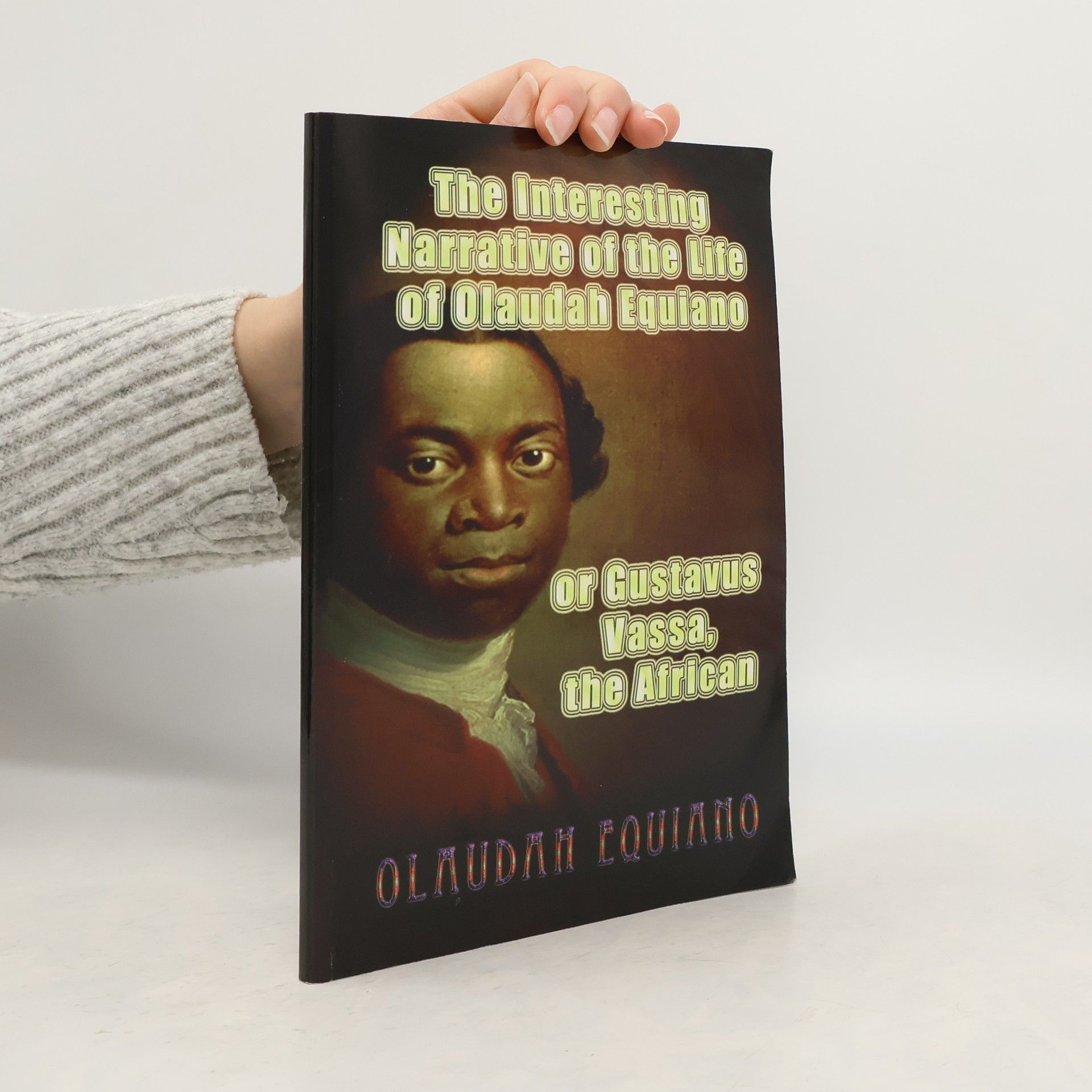The Life of Olaudah Equiano
- 112 Seiten
- 4 Lesestunden
Olaudah Equiano's narrative offers a gripping account of his journey from slavery to freedom, highlighting the brutal realities of oppression while showcasing his remarkable literary talent. First published in London in 1789, this powerful story not only reveals the horrors of slavery but also emphasizes the importance of personal resilience and the pursuit of knowledge. Equiano's experiences captivate readers, making his narrative an essential contribution to the understanding of the historical and cultural context of slavery.



